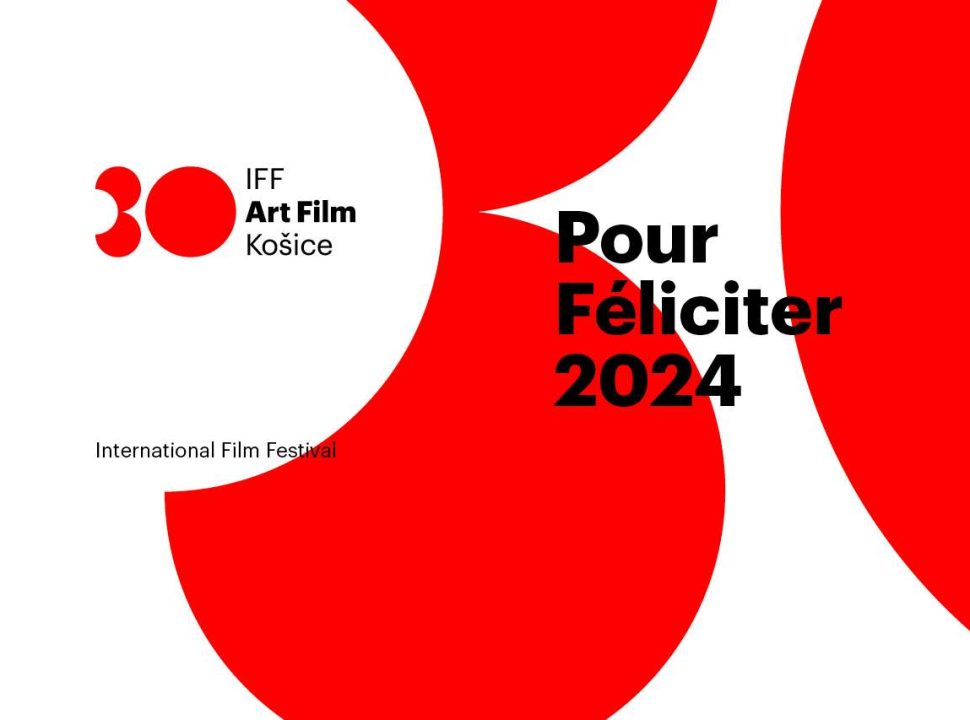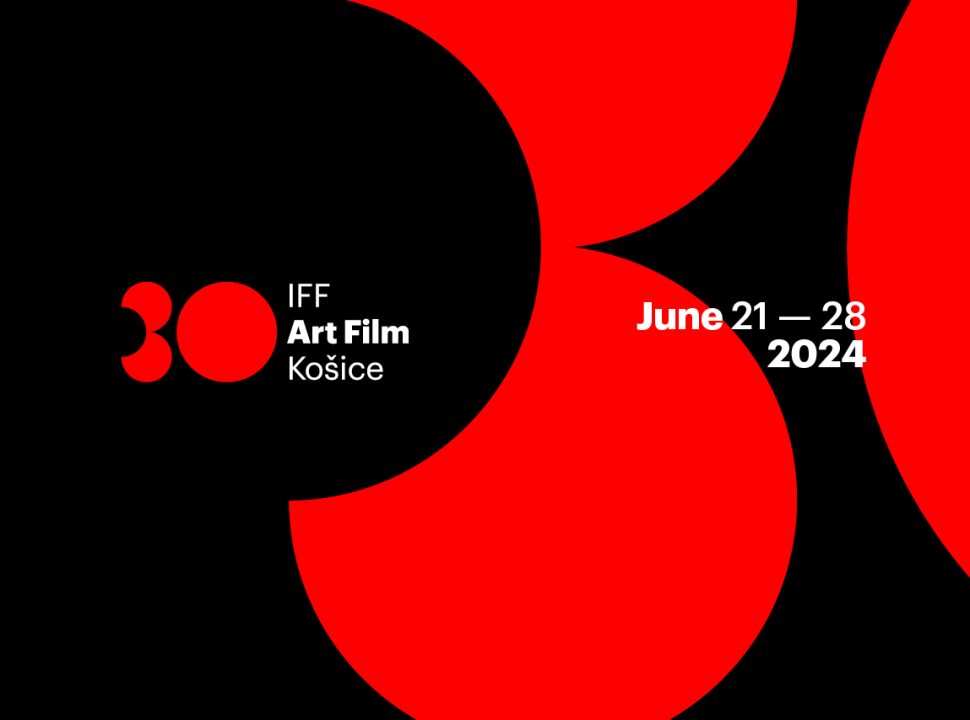It’s already been a year and a half since the premiere of Arsy-Versy, and you’ve toured a good part of the world collecting awards for it. What do you consider to be the vital essence of the film that made it so attractive to audiences? I believe it was October 2009 when the film appeared at the Áčko Festival, our school’s student festival. It didn’t much interest the jury of the documentary section chaired by Marcela Plitková, but it did interest many other people, thanks to which Arsy-Versy has now racked up twenty-one awards at Slovak and international festivals. Maybe that was also a signal that new, young filmmakers needed to step up to the plate, auteurs who see film with their own eyes, not through the blueprint of the "socialistic" documentaries on public television. Fast, cheap, naïve and stupid just doesn’t cut it anymore! To turn a film into business before even shooting it does more than just harm Slovak cinema, which has at least recovered from its worst slump. Me and my friends from school are convinced that it isn’t about film these days, but about profit. There is a gaping generational gap in Slovak film, one that needs to be filled. If we don’t want to lose young viewers, those who are willing to go to the cinema, we should offer them new, contemporary themes – this is the responsibility of all of us young people. The serials on Joj and Markíza [Slovak television networks] are a creative dead-end – it’s just more business. Not to repeat myself, but film and television are totally separate worlds. Yesterday I happened to take part in two screenings of Arsy-Versy – one in Púchov for grammar-school students and one in Bratislava at the Horský Park Lodge. I asked both audiences the same question: “Have you seen any Slovak films you liked this year?” Silence fell over the crowd… I named a few recent fiction and documentary films, but still no answer. It’s true, I didn’t mention Blind Loves; that one slipped my mind. So for now I don’t have much reason to celebrate the comeback of Slovak cinema. I am grateful to Arsy-Versy for propelling me into the world of film festivals and among people who still believe in it. In the last year I’ve travelled more than the rest of my life put together. I’ve seen films from various countries around the world, debuts presenting new, contemporary themes. It’s difficult to say what Arsy-Versy’s vital essence is; maybe it’s none other than love. The unworldly will to do the very thing that warms one’s heart, the exact opposite of what’s happening all around us today. Whether it be love for one’s hobby or love between a mother and son, without this feeling the world is an empty and dull place. As far as Arsy goes, I think I’ve had enough; it’s time to concentrate on the next film. How has your uncle Ľuboš, the film’s star, dealt with fame? Of course he’s delighted by the increased interest of the citizens of Ladče. Now fewer people look at him as a timid madman, but as a legitimate, eternally young fifty-something guy. I think he wasn’t banking on major fame. Sure, people from the village say hello to Ľuboš and his mom, my grandma, more often than before. But the village goes on with its life; one film isn’t going to change anything. Maybe it’ll inspire even more original work from Ľuboš. That would be lovely.
Viewers who have seen Arsy-Versy or its predecessor Cold Joint are surely looking forward to future projects. Could you reveal a bit of your plans to us? With the talented team of screenwriter Juro Šlauka, cinematographers Ivo Miko, Jaro Vaľko and Mário Ondriš, sound engineer Lukáš Kasprzyk, Boris Varga and producer Barbarka Hessová, we’re shooting our new film COMEBACK at Ilava Prison. Me and my father, Miro Remo Sr., are working on the screenplay for the film “Báječní muži v uletených snoch” (Cool Guys with Pipe Dreams), about Slovak cinema amateurs dedicated to their art and humanity – true film lovers. Me and Juro Šlauka still pass the time in his cellar, slowly piecing together the screenplay to another feature-length film. But it’s still too early to mention that. Ľuboš joins the conversation. He asks if we know how he’d like to promote the film. We shake our heads and smile as we await his answer. Because everything Ľuboš says is funny, yet wise at the same time. It’d be one big Russian doll. The first doll would be Miro, in Miro would be Jaris (our cinematographer), I would be in Jaris, a bat would be in me and in the bat would be a little mother. Nina Šilanová 24.6 at 13:15, Artkino Metro, Trenčín Arsy-Versy, d. M. Remo



